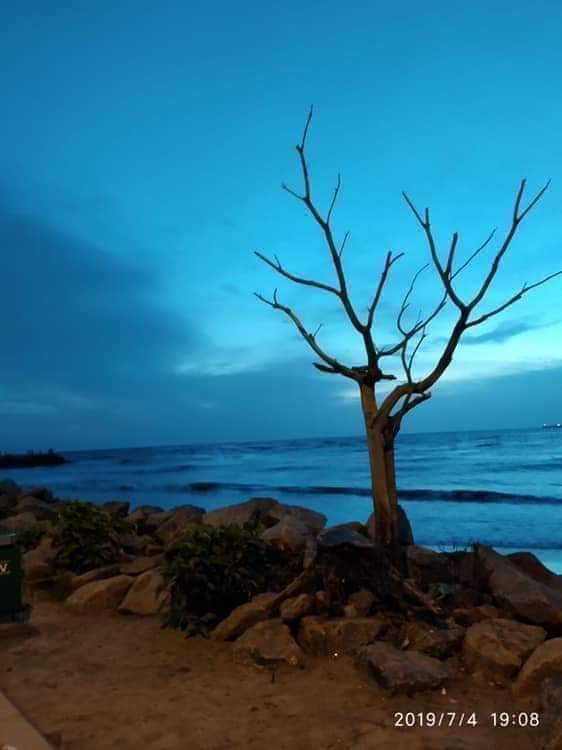#Medical #Education
The argument that anatomy cannot be studied without cadavers is false. Because in an era where medical ethics sometimes seem to prioritize surgery over patient care, there are numerous alternative methods for studying human anatomy.
Key alternatives mentioned include:
* Virtual Reality: Virtual anatomy tools provide more lifelike views of organs than embalmed cadavers, allowing students to examine organs from all angles.
* Prosections: These are preserved specimens dissected by experts.
* Medical Imaging: Techniques like CT and MRI scans can create 3D cinematic renderings.
* Ultrasound: Ultrasound scanning is a method for studying body structure.
* Live Models and Simulated Models: These can be used to teach anatomy.
* Body Painting: Body painting is another method for teaching anatomy.
* 3D Printing: 3D printing can be used to teach anatomy.
* Electronic Bodies: Electronic bodies can be used to teach anatomy.
* Drawing: Drawing can be used to teach anatomy.
Some medical schools have already moved away from cadaver dissection, adopting a prosection-based learning model or a fully virtual approach. With timely updates, the need for cadavers in medical education in India can be eliminated. This would also eliminate the need for families to donate the bodies of their deceased loved ones to medical colleges, thereby avoiding potential legal issues and threats.
In short the use of cadavers in medical education is outdated and that there are more effective and humane alternatives available.

















